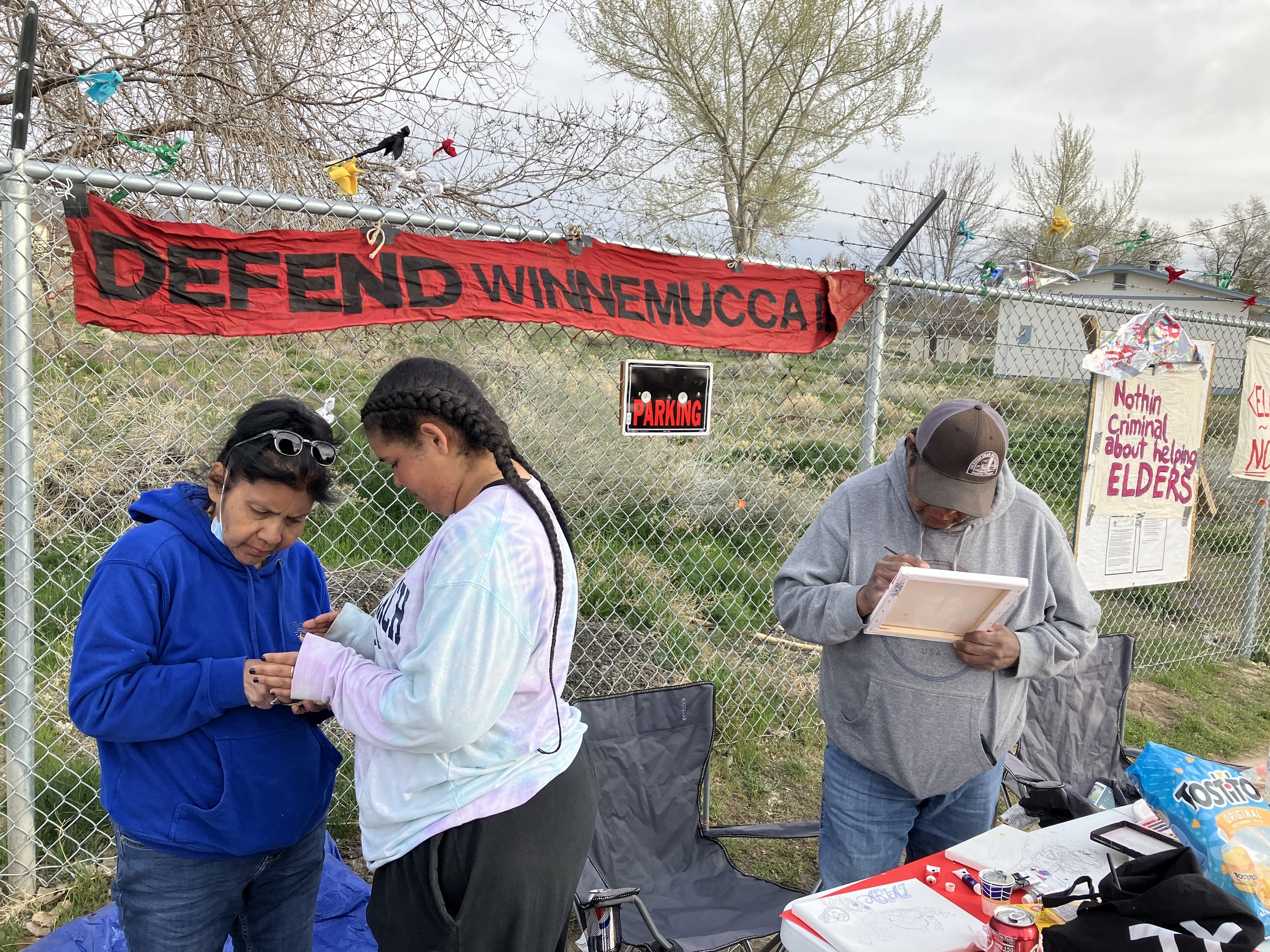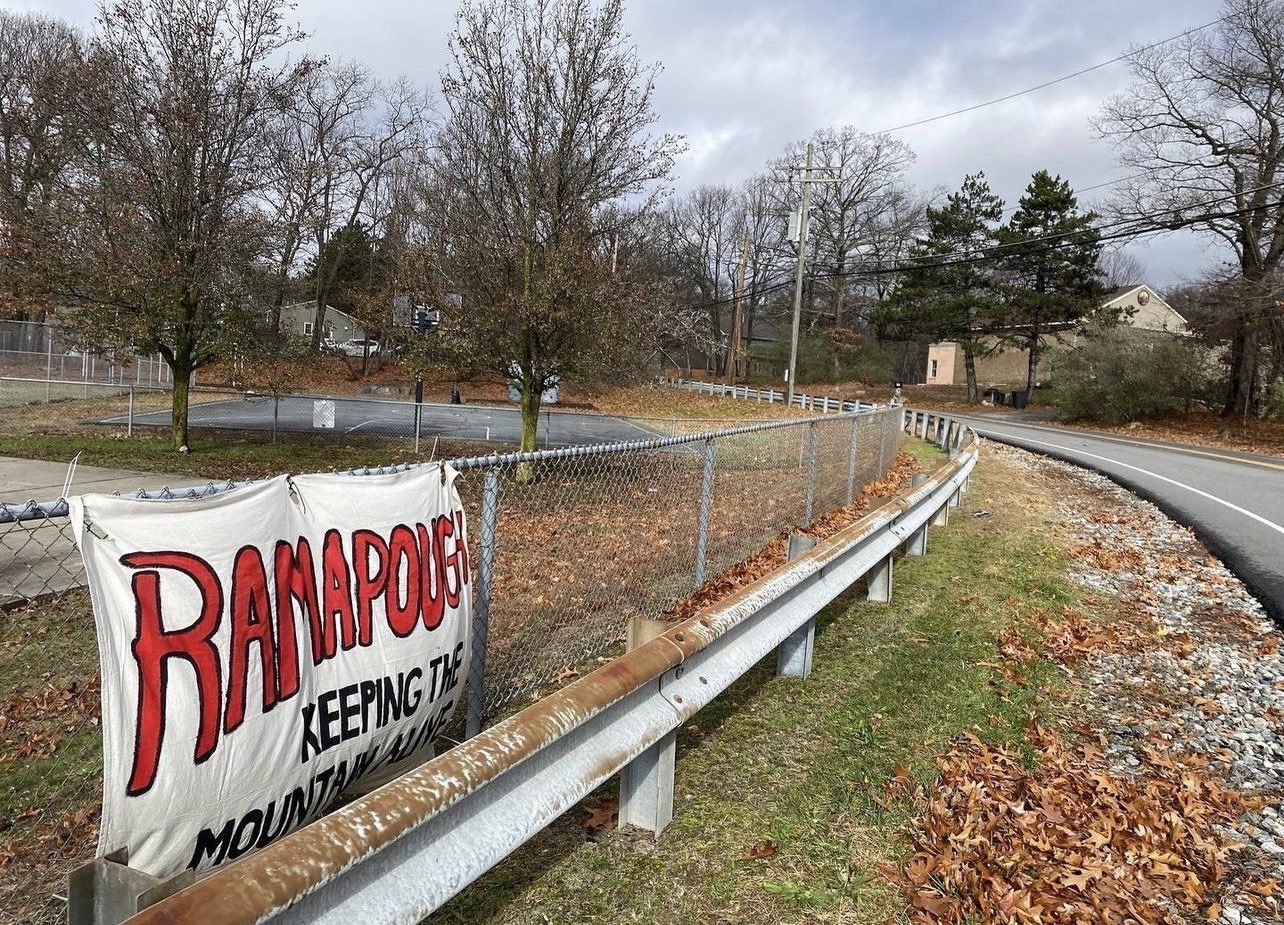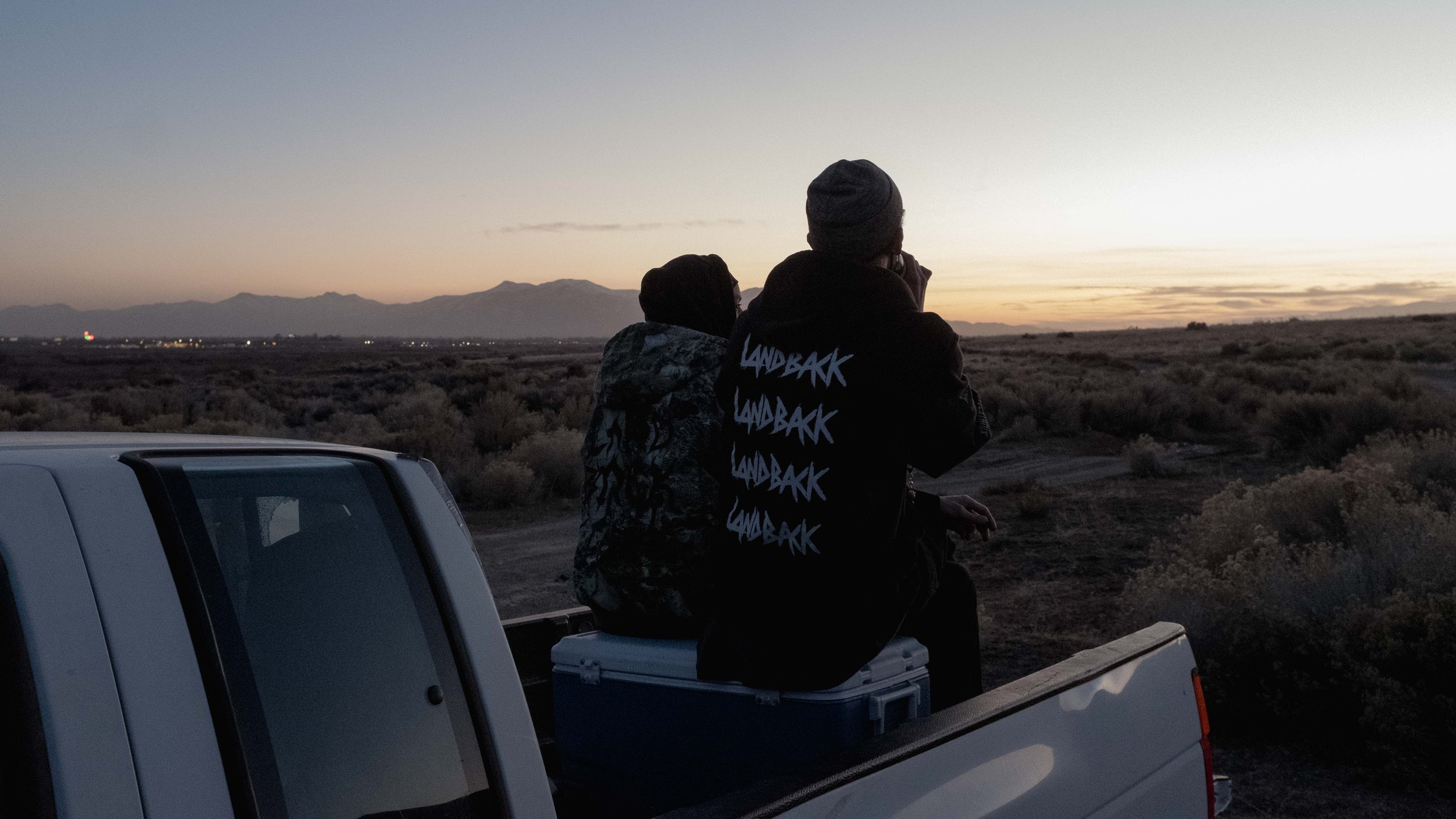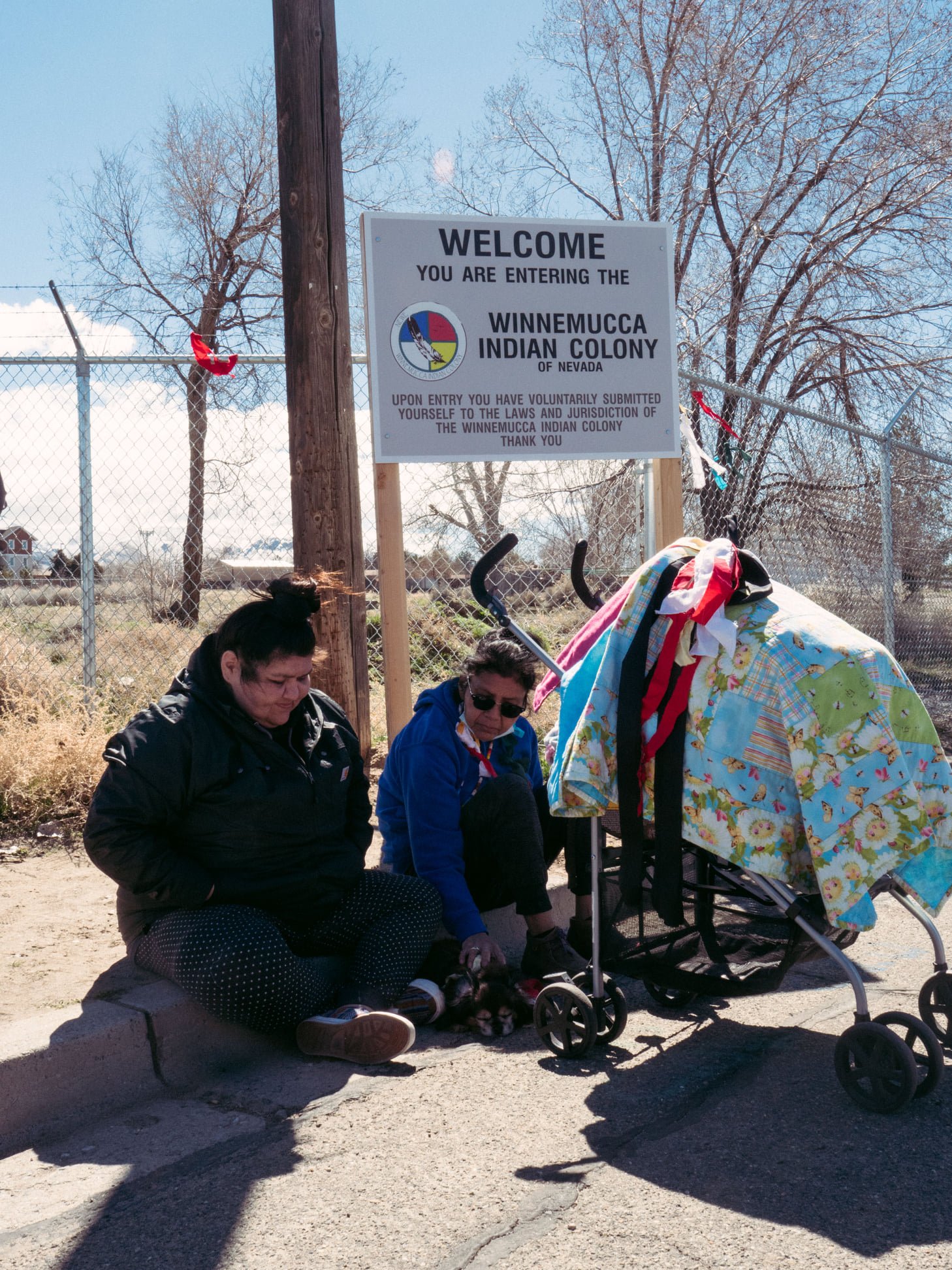Disenrollment: an Overstep of Tribal Sovereignty by Keshia Talking Waters De Freece Lawrence and Zach Galehouse
Colonization is the brutal and violent act of occupying a land mass and its resources, irrespective of other communal life, and settling there with other peoples not from this place of occupation. Colonization is also the act of enforcing or establishing control over another community or being, this is commonly exemplified in legislation. Disenrollment technically refers to the removal of one's name from an organizational roll or structure. In the case of Native Americans and Indigenous peoples, the concept of disenrollment refers to removing an individual or a family from tribal history or tribal documents. Disenrollment is the attempted practice at removing people’s or un-indigenizing peoples. Disenrollment functions as a tool of colonization when used for bilateral violence, considering the direct attack on a person’s identity, genealogy and spiritual relationship to kin and land.
Sovereignty, in the European Westphalian context, refers to kingdoms and ruling over another nation or entity with respect to terra determining the extent of one's power. Sovereignty in an Indigenous context is the uterine right, inherent right, and natural law of any given location and the peoples who are a part of the governing ecosystem, in this case Mother Earth. Although there is no internationally accepted definition for the term Indigenous, the term refers to the organisms, including people that are of a specific location. When using Indigenous for peoples and communities, this term expands to include ways of life, food systems, spirituality and other factors making them, Indigenous. Terra Nullius comes from Latin meaning no one's land, or that no one has ownership of land. In the colonized context, this is a precursor for occupation and beginning a European form of sovereignty, through colonization. For Indigenous peoples, terra nullius is a constant state of being, as the environment and the planet is not one to be owned, but merely borrowed through generations across lifetimes and species.
However, the one additive in the colonizer potion not even the colonizer anticipated, is the role of disenrollment. Blood quantum, a more commonly understood topic in Native American socio-political conversation with its own complexities, while disenrollment barely scratches the surface of your grandmother's kitchen table. Disenrollment is an overstep of tribal sovereignty in a way blood quantum does not appear to be. This is because one is an externally motivated tool while the other is internally charged – but blood quantum is used as a tool for these internal struggles and even then, there are usually outside colonial factors that play into any seemingly internal strife. An individual or a family can be disenrolled for various reasons; including blood quantum levels or others ranging from political or personal conflicts, to not physically residing on reservation or treatied tribal lands.
In the cases of; Winnemucca Indian Colony of Winnemucca Nevada, and the Ramapough Lenape Munsee nation of New York and New Jersey, colonizers made political strife and the potential for land grabbing alone has pushed disenrollment to the surface. Whether it be environmental law or identity politics, there are slim resources for Indigenous communities, forcing winners and losers, however, is genocide.
The Winnemucca Indian Colony is a designated territory for Indigenous Americans of the Great Basin, in particular Paiute and Shoshone people. The Winnemucca Indian Colony was created by the 1916, executive order of former President Woodrow Wilson, coupled with an act of 1928, by Congress for homeless Paiute and Shoshone Indians. While the history of the Colony is complex, it is undisputed that Residents engaged in self-governance of their homelands until the Bureau of Indian Affairs (BIA) and others asserted involvement in the group’s affairs. The community has suffered from years of litigious disputes, harassment, and violence over who has authority over the Winnemucca Indian Colony. Recently, a hearing was held wherein the Winnemucca Tribal Court summarily evicted the Elders and Residents without a trial, banished several people, and found for the Tribal Council without giving the Elders and Residents the benefit of a trial.
The Ramapough Lenape Munsee are an Eastern Woodlands tribal nation that is state recognized in New Jersey. Ramapo peoples however, live throughout the United States, while the traditional tribal villages of NJ and NY remain occupied by tribal members. Presently, the Ramapough ancestral lands is an EPA Superfund site. The last formal tribal election the Ramapo people had was in 2006. Unbeknownst to the people, this would be their last tribal election for 14+ years, despite the Ramapough Mountain Indian Constitution specifying an election in 2010 (four-year terms as tradition in Lenape and Haudenosaunee custom). Today, the tribe has been divided internally and still has not undergone elections since 2006, despite Clan Mothers and Youth requesting the current leadership to step down.
Disenrollment, as a colonial measuring tool for Indigenous identity on both quantitative and qualitative scales is incomplete and wrong. Given the malleability of tribal sovereignty (i.e. strength of tribal courts, laws, in both colonial and Indigenous systems) considering its perceived puberty in a colonized system, relying on said system to justly account for ones; genetic, political, cultural, ecological, and spiritual identity is impossible secularly and intersectionality, as exemplified in every identity conflict and hate time on this continent. The timelines we are forcibly subjected to are that of the ‘savage’ embodiment when disenrollment is viewed as supreme acts of sovereign power. That is the colonizers, savage embodiment. You cannot reduce any one person's indigeneity to enrollment status, or proximity to unrecognized treaty lands and unceded lands.
For further information on the Winnemucca Indian Colony and Ramapough Lenape follow these Instagram accounts; @ramapoughresistance and @newensokopa
(or email neweneensokopa@protonmail.com)
Biographies:
Keshia Talking Waters De Freece Lawrence (she/they) is a Ramapough Lenape Munsee, Deer Clan; mother, activist, educator, and Indigenous researcher. Lawrence is contingent on ecological kinship being a huge factor in Indigenous reconciliation. Various aspects of sovereignty play a huge role in De Freece’s ongoing environmental research, as climate change has woven topics of Indigenous realities into mainstream conversations. Talking Waters holds a B.A in International Relations and Global Politics, and a M.A in International Law and the Settlement of Disputes from the United Nations mandated University for Peace and is a Program Coordinator at Earthwatch Institute.
Zach Galehouse (he/they) is a queer Asian-American activist on Turtle Island with a background in strategic media and collaboration with social justice movements from Oregon to Nevada and others. They are focused on ensuring Indigenous voices on the ground are heard in diverse spaces. Galehouse is passionate about human rights storytelling and decolonizing the future. Presently, Galehouse is a freelance media journalist.
*All photos by Akira Iyashikei (IG: @_indio___)




